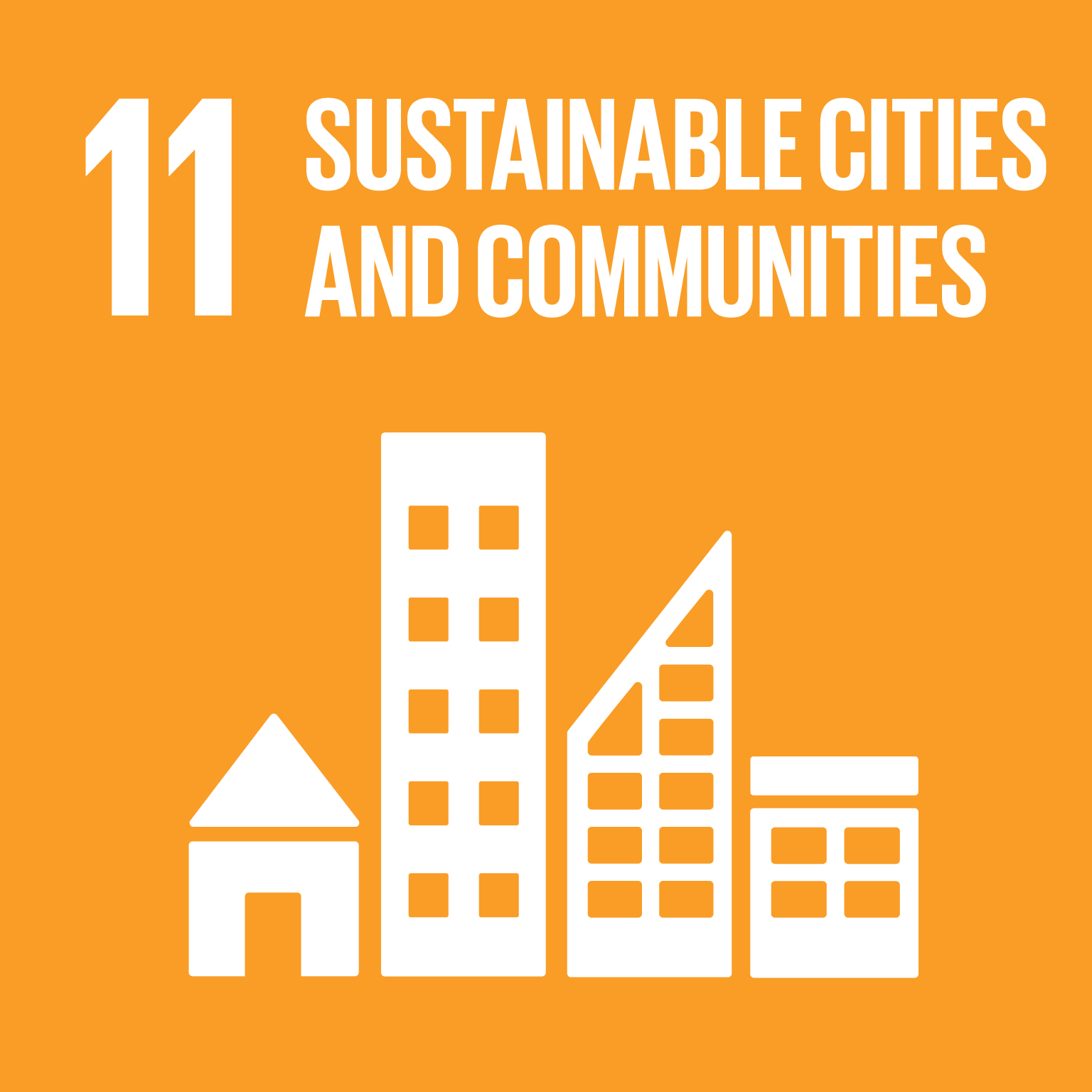

 For 10 years, Livingston County CARES has been assisting Harrison County, which was devastated by Hurricane Katrina, to help rebuild sustainable communities. The commitment continues. On the anniversary, the Scene traveled with students, faculty and community volunteers to look at the real impact of our work. Read the award-winning, full story.
For 10 years, Livingston County CARES has been assisting Harrison County, which was devastated by Hurricane Katrina, to help rebuild sustainable communities. The commitment continues. On the anniversary, the Scene traveled with students, faculty and community volunteers to look at the real impact of our work. Read the award-winning, full story.
It’s been eight years since Gladys Daniels, 83, opened the front door to her home for the first time again.
Plumbers, electricians, college students and a lot of crews from different states ripped up, hammered, painted, and enabled her to return to her Bowen Street house after Hurricane Katrina.
Without them, “this” would not have happened: a tidy one-story home with a wheelchair ramp entrance, sturdy windows—all on the property she and her late husband bought to raise a family decades ago.
“The storm was horrible. Oh Lord, I hope I never have to go through one again,” Gladys says, looking out at her family room and dining room table. “But people help you. It’s remarkable. People you’ve never seen before. It was just so good and kind. You don’t even know them.”
A few feet away is where her last dining room table sat, and where she and her son, Ben, and her now deceased mother survived the storm. Katrina floodwaters rushed in during daytime, thank the Lord, she says, or more of her friends would have died.
“We had storms but we never got water like that,” she says, explaining why many didn’t evacuate. “It was too late for us to go.”
Her mom ran over from across the street. By then, it was too late to do anything but get on the dining room table—and hope and fear.
“There was water up to here,” says Gladys, her finger resting on the paint at standing eye level.
At first, Gladys waded in the water, catching shoes that floated out of closets and putting them on the couch. When the refrigerator tipped, she knew it was disaster. She and Ben put a chair on the dining room table for her mom; it was a struggle, but they all got up. If Ben wasn’t there? They’d be dead.
Hours and night passed, the water waist-level past the table: “We were praying and everything else and calling to Jesus. Ain’t nothing else to do. ‘Jesus, don’t leave us now.’
“Many of our friends drowned.”
When the water receded, the family waded in the muck. Only a few blankets kept in an upper space could be kept. They lost everything. “What you have, you wanted,” she says.
People in the food and water trucks were the first people who lent a hand, and have stuck with her. The volunteers from many states rebuilt her home—gutted to homey once again. She carries that with her.
“I think of the scripture. ‘It is more blessed to give than to receive.’ I often think of that, and if someone comes around for help for something, I give. And if I don’t have it to give, I try to get it. You’ve got to help one another, and get along with one another. What if the people didn’t help me? Where would I be today?"
— Story and photo by Kris Dreessen